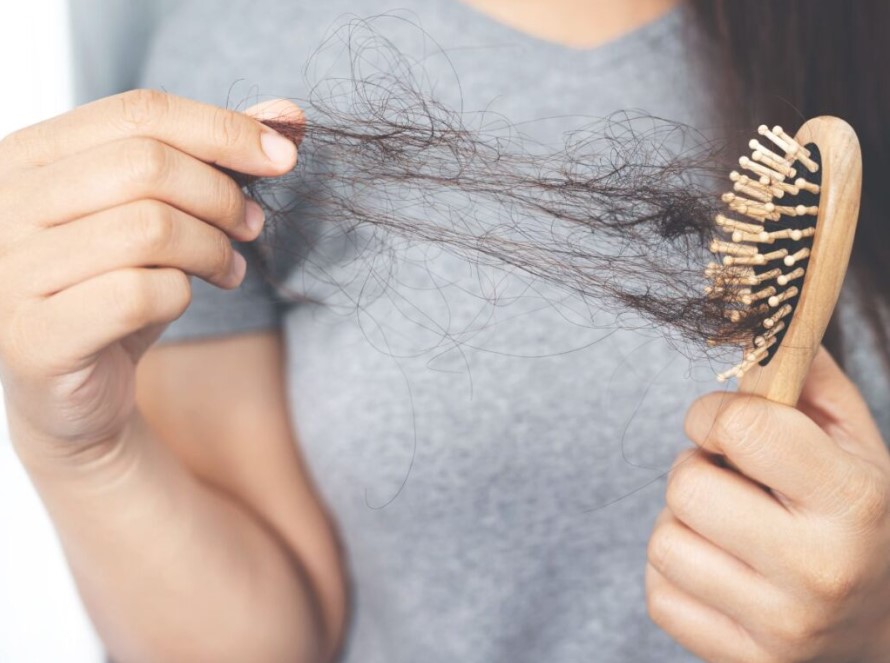How Does Fotona in Singapore Promote Hair Growth?

Fotona hair growth laser is acknowledged for its high performance, efficacy, and proven results, providing customers with a pain-free experience in their treatments with desired results. The laser system Fotona is among the world’s most modern laser systems, capable of treating a broad range of esthetic and medical issues and conditions. The method has been shown to deliver safe outcomes that aren’t only extremely effective but also minimally invasive, resulting in virtually no downtime for patients.
What Exactly Is The Fotona Laser For Hair Restoration?
The Fotona Laser is an outstanding technology that provides a variety of minimally invasive procedure options without downtime. This innovative method uses laser radiation to provide safe, reliable, and natural-looking hair restoration outcomes. It has been shown in clinical studies to restore the natural growth of hair in only a few brief sessions. This innovative technology, which combines Er:YAG and Nd:YAG wavelengths, is efficient at getting into the deepest hair follicles and scalp layers to promote the natural process of healing. The outcomes provide restored hair growth for natural-looking yet obvious results.
Fotona Laser Hair Restoration Advantages
The Fotona hair growth laser is a ground-breaking Er:YAG therapy that uses controlled, mild bulk-heating to stimulate hair follicles that are dormant. Fotona Hair Restoration promotes metabolism and boosts blood flow within your scalp, leading to hair growth. The treatment takes around 15 to 20 minutes and is painless. No numbing cream is required. The unique laser handpiece is positioned to the intended treated region during therapy.
The technology then works to supply combined energy to the specific hair follicles deep under the scalp’s surface. These customized wavelengths are given with unrivaled safety and speed, with little to no pain. As a result, a biological reaction is triggered inside the scalp’s underlying layers. The body’s natural collagen synthesis is stimulated, which aids in the repair of damaged tissue. Healthy tissue regeneration is also promoted, which efficiently repairs and replaces hair follicles that are damaged. After the procedure, your scalp is restored with vital nutrients and water in order to regain natural hair growth. The procedure is both safe and convenient.
Multiple procedures are advised to attain the best outcomes. For best results, your aesthetic clinic in Singapore might consider combining the Hair Restoration Procedure of Fotona Laser with the PRP Procedure. All hair and skin types may benefit from Fotona laser procedures, which have been scientifically proven.
Post Procedure Care
After the procedure, you must delay bathing until the morning. Avoid exercise and sun exposure for 1-day post-treatment.
Results would differ from client to client, based on the specific hair restoration requirements. Most clients, however, have fresh hair growth over the first couple of months after their Fotona treatment. 4 to 6 sessions would be required for the best results.
Side Effects
The treated region might look pinkish for the first 24 hours after the procedure. It’s normal. You might also have tightness and/or swelling, and the treated region might get flaky. This usually goes away after a couple of days of the treatment.
People normally shed 100 hairs every day. Since new hair is growing simultaneously, this normally doesn’t result in apparent thinning of scalp hair. When the hair development and shedding cycle is disturbed, or once your hair follicle is damaged and scar tissue replaces it, hair loss takes place.
Hair loss is often caused by any of the factors below:
Ancestral history (heredity). An inherited disorder known as male or female-pattern baldness is the most prevalent cause of hair loss. It normally happens slowly and in specific patterns with age — bald patches and a receding hairline in males and thinning hair in women.
Hormonal fluctuations and medical conditions. A range of disorders, such as hormonal changes caused by pregnancy, delivery, menopause, and thyroid difficulties, may result in temporary or permanent hair loss. Alopecia areata is a medical ailment that results in scalp infections like trichotillomania which is a hair-pulling disorder, patchy hair loss, and ringworm.
Supplements and medications. Certain medicines, like those used to treat arthritis, cancer, heart issues, depression, high blood pressure, and gout, may cause hair loss.
